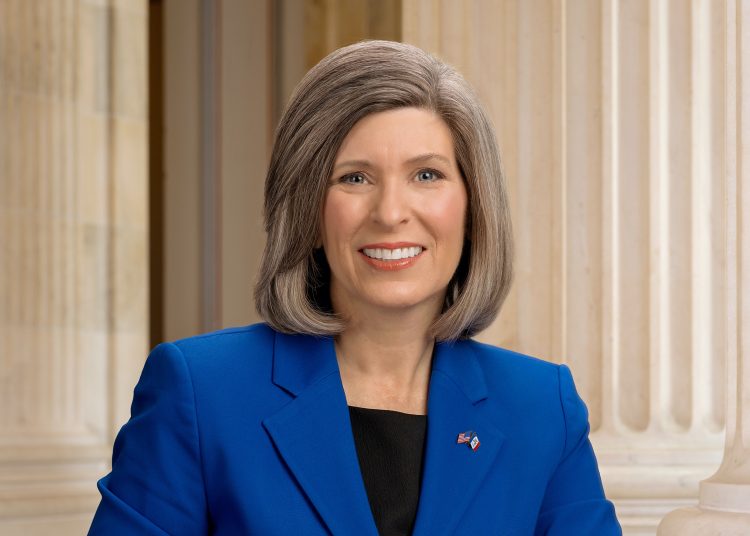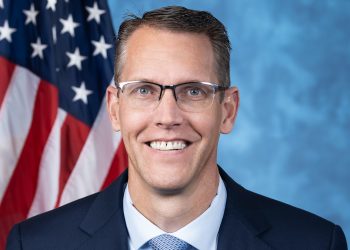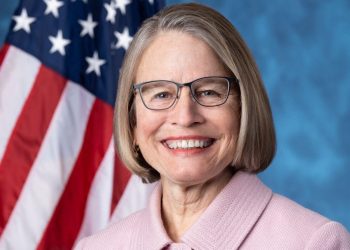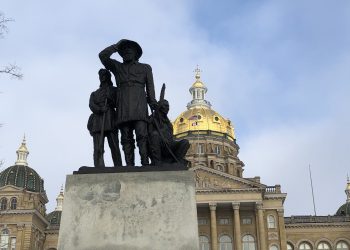WASHINGTON – U.S. Senators Joni Ernst, R-Iowa, Chris Coons, D-Del., Pete Ricketts, R-Neb., and Tim Kaine, D-Va., introduced the Locally Led Development and Humanitarian Response Act to improve United States Agency for International Development’s (USAID) collaboration with local partners and end abuse of taxpayer dollars.
While in the U.S. Senate, Ernst has provided regular oversight of USAID to preserve the integrity of American taxpayer dollars used for assistance abroad, including exposing USAID’s use of NICRAs for indirect costs and its staffing shortages unable to keep up with administering funds properly. This legislation directs USAID to address portions of both challenges.
“I have been tirelessly working to ensure that taxpayer dollars are spent discerningly and efficiently. While USAID has resisted my previous oversight, I’m taking bipartisan action to clarify USAID’s policies to ensure they are localizing needs and ending abuses of taxpayer dollars, so developing countries reduce their dependence on U.S. dollars,” Ernst said
“Development and humanitarian assistance are more effective and sustainable when local communities drive assistance goals and implementation,” said Coons. “After all, local communities often know best where resources are needed and how assistance can be implemented most effectively to meet local needs. The Locally Led Development and Humanitarian Response Act will push a larger share of funding directly to local leaders, reduce burdens on local partners, and create incentives for USAID to strengthen projects led by local communities. I’m proud to introduce this bill with Senator Ernst and hope the Senate will swiftly take up our legislation.”
Specifically, the Locally Led Development and Humanitarian Response Act would:
- Expand and bolster USAID’s partner base by accepting applications or proposals in native languages;
- Improve transparency by requiring USAID to submit annual reports on progress made;
- Require USAID to address challenges with contracting officer shortages and Negotiated Indirect Cost Rate Agreement (NICRA) rate abuses;
- Increase effectiveness by limiting competition to local organizations for awards of up to $25 million, resulting in cost savings; and
- Make partners come to the table by authorizing USAID to increase the de minimis indirect cost rate to 15% for local entities receiving USAID assistance awards.















